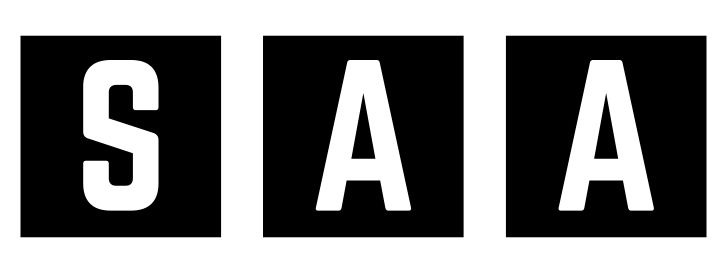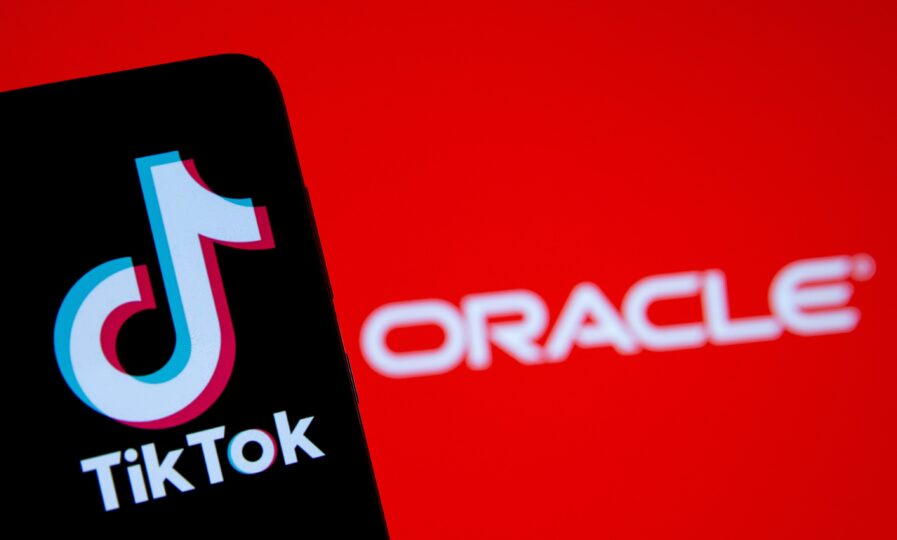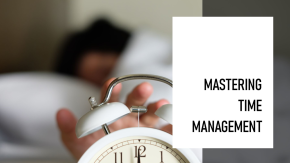Oracle is in advanced discussions with the White House about taking control of TikTok’s U.S. operations. These talks come amid concerns about the app’s Chinese founders. According to sources familiar with the matter, the discussions focus on national security risks and the app’s technology, which remains controlled by its Chinese parent, ByteDance.
Leading the Negotiations
Vice President JD Vance and National Security Advisor Mike Waltz lead the talks for the Trump administration. Several senators have also requested briefings on the discussions. Despite progress, one source said concerns about ByteDance’s ongoing influence over TikTok remain significant.
National Security Concerns and Oracle’s Role
Lawmakers and experts continue to worry that TikTok’s Chinese ownership could allow China access to U.S. user data and algorithms. If Oracle takes over, they would manage the data of American users to prevent Chinese government access. However, some experts warn this could be difficult to enforce.
One source noted, “You still have this [algorithm] controlled by the Chinese,” suggesting Oracle’s role might only be limited to managing data, which may not address the national security concerns.
TikTok has faced scrutiny over its data practices in the U.S. An independent security audit from HaystackID, which reviewed TikTok’s U.S. operations in February, found no evidence of unauthorized sharing of U.S. user data with China.
Project Texas 2.0: The Next Step
The deal, known as “Project Texas 2.0,” builds on an earlier agreement between TikTok and Oracle. In the original Project Texas, TikTok moved U.S. user data to Oracle servers in Texas and restricted ByteDance employees in China from accessing it. Oracle also reviewed TikTok’s source code for security risks. However, these steps didn’t fully resolve lawmakers’ concerns about TikTok’s ties to China.
Political and Business Tensions
The renewed push for a deal follows an executive order by President Biden, which gives ByteDance 75 days to sell TikTok’s U.S. operations or face a ban. This order followed bipartisan legislation targeting TikTok’s national security risks.
Former President Donald Trump, who previously sought to ban TikTok, has softened his stance. After meeting with Republican donor Jeff Yass, a major stakeholder in ByteDance, Trump expressed a more favorable view of the app. Trump indicated his administration is negotiating with “four different groups” about a potential deal, with Oracle founder Larry Ellison a possible buyer.
China’s Stance on the Deal
The deal’s success depends on approval from the Chinese government. ByteDance would need clearance from Chinese regulators to sell TikTok to a non-Chinese company. China’s Commerce Ministry has opposed such a forced sale, saying it would require government approval. In March, Chinese Foreign Ministry spokesperson Shu Jueting confirmed Beijing would “firmly oppose” any forced divestment of TikTok’s U.S. business.
While Chinese officials have softened their rhetoric recently, they haven’t yet indicated whether they would approve the sale. A spokesperson for the Chinese Foreign Ministry stated that any deal should “be independently decided by companies in accordance with market principles.”
White House Deadline Approaching
The Trump administration faces a deadline of April 5 to secure a deal or impose a ban on TikTok. ByteDance briefly shut down the app in January after missing an earlier deadline for a sale. The U.S. Supreme Court upheld the congressional ban, adding more pressure on ByteDance to comply with U.S. demands.
Will Oracle’s Involvement Resolve Security Concerns?
Whether Oracle’s involvement will alleviate lawmakers’ security concerns is unclear. If ByteDance retains control of TikTok’s algorithm or data, lawmakers may push for more aggressive actions, potentially affecting TikTok’s future in the U.S.
















